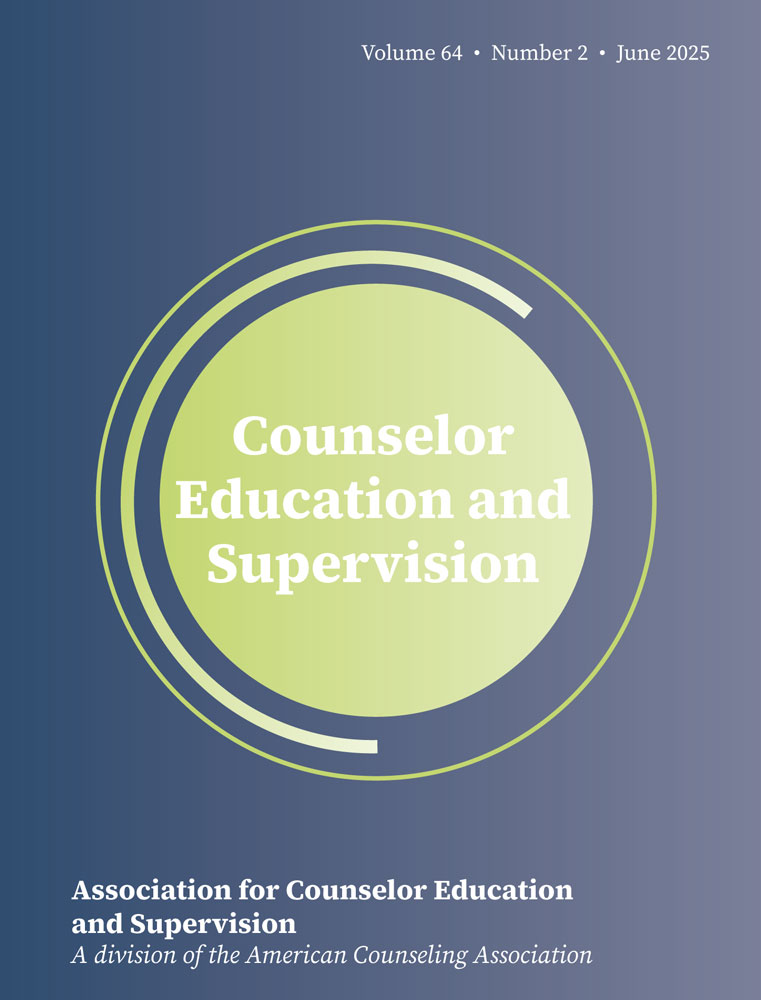Computers In Counselor Education: An Ethical Perspective
Abstract
This article contains considerations of ethical questions related to use of computers, computer based information systems, computer assisted instruction, and related concerns for counselor education and practice. Ethical questions and issues are discussed in the areas of human dignity, confidentiality, professional development, curriculum, measurement and evaluation, career guidance, research and publication, counselor accountability, and administration and fee setting. The article proceeds from attention to general questions, through general and pointed discussion of topics, to a brief summary. Although most of the narrative focuses on counselor preparation, where appropriate, effort is made throughout to attend to related issues and concerns in professional practice. Reference is made throughout the manuscript to various sections of the 1981 Ethical Standards of the American Association for Counseling and Development.
Massive advances in computer technology in general, and in computer-based information and instruction programs for counselor preparation, in particular, have prompted the need for examining computer use in counselor preparation from an ethical perspective. Do existing ethical standards encompass sufficient principles or guidelines for appropriately incorporating and exploiting the advantages computers and computer software bring to counselor education? What are some new or refined areas of ethical concern related to computers and computerization? These are two major questions that warrant active and immediate attention.




